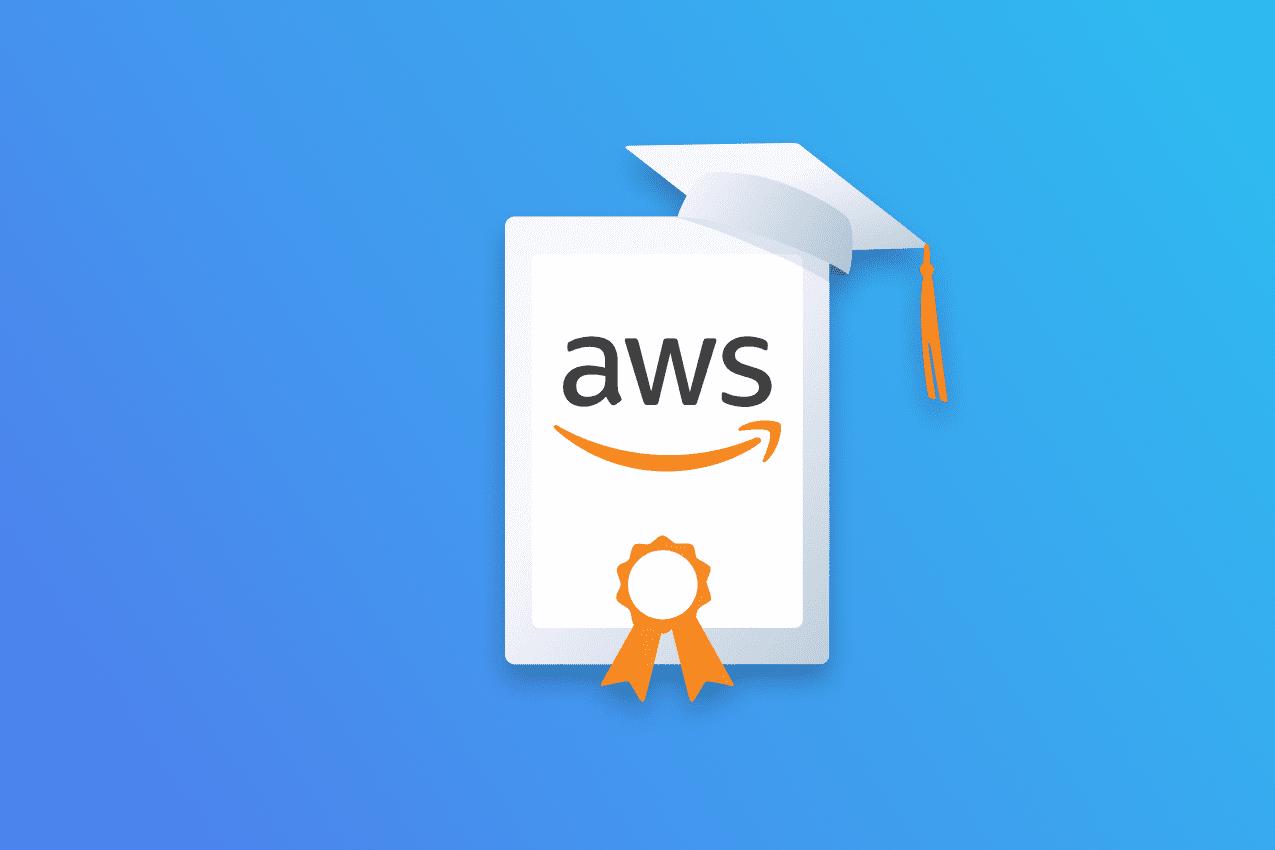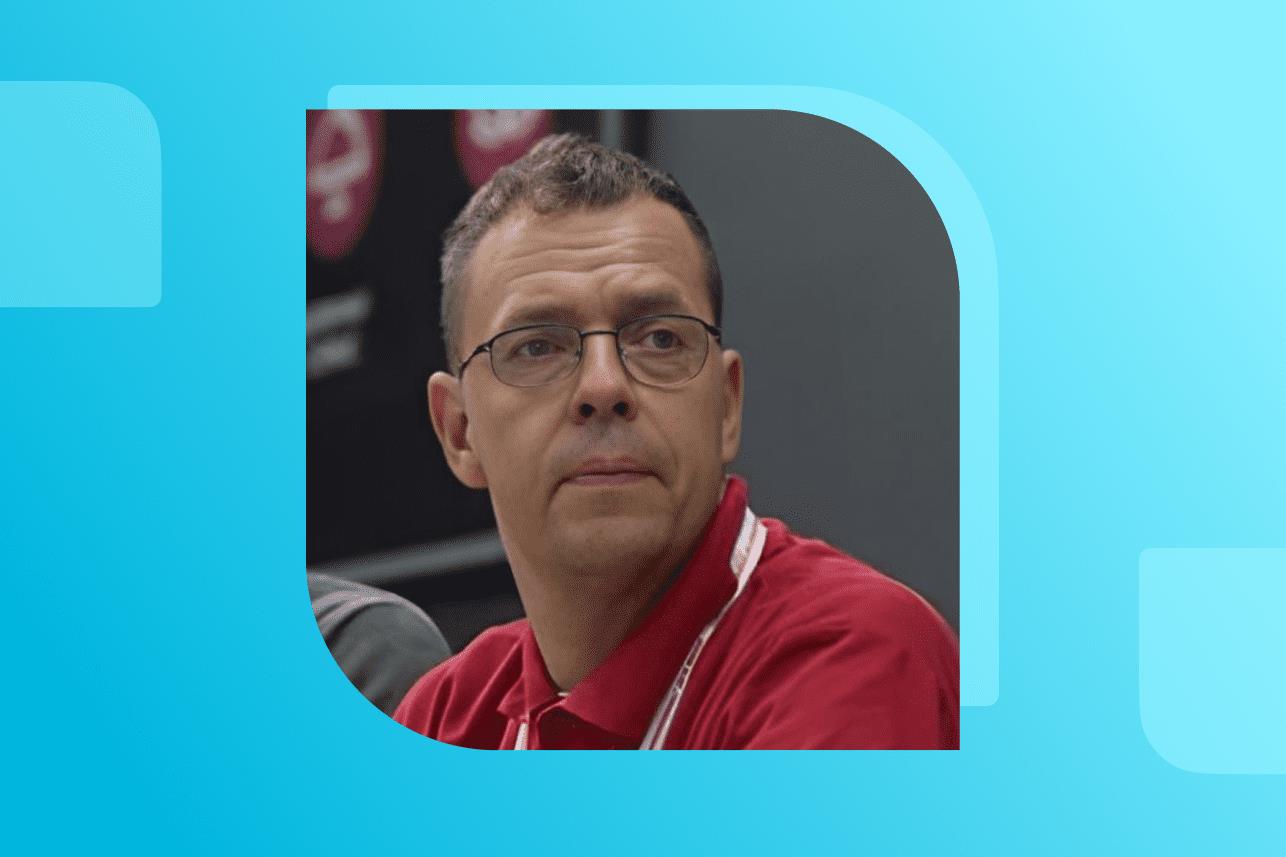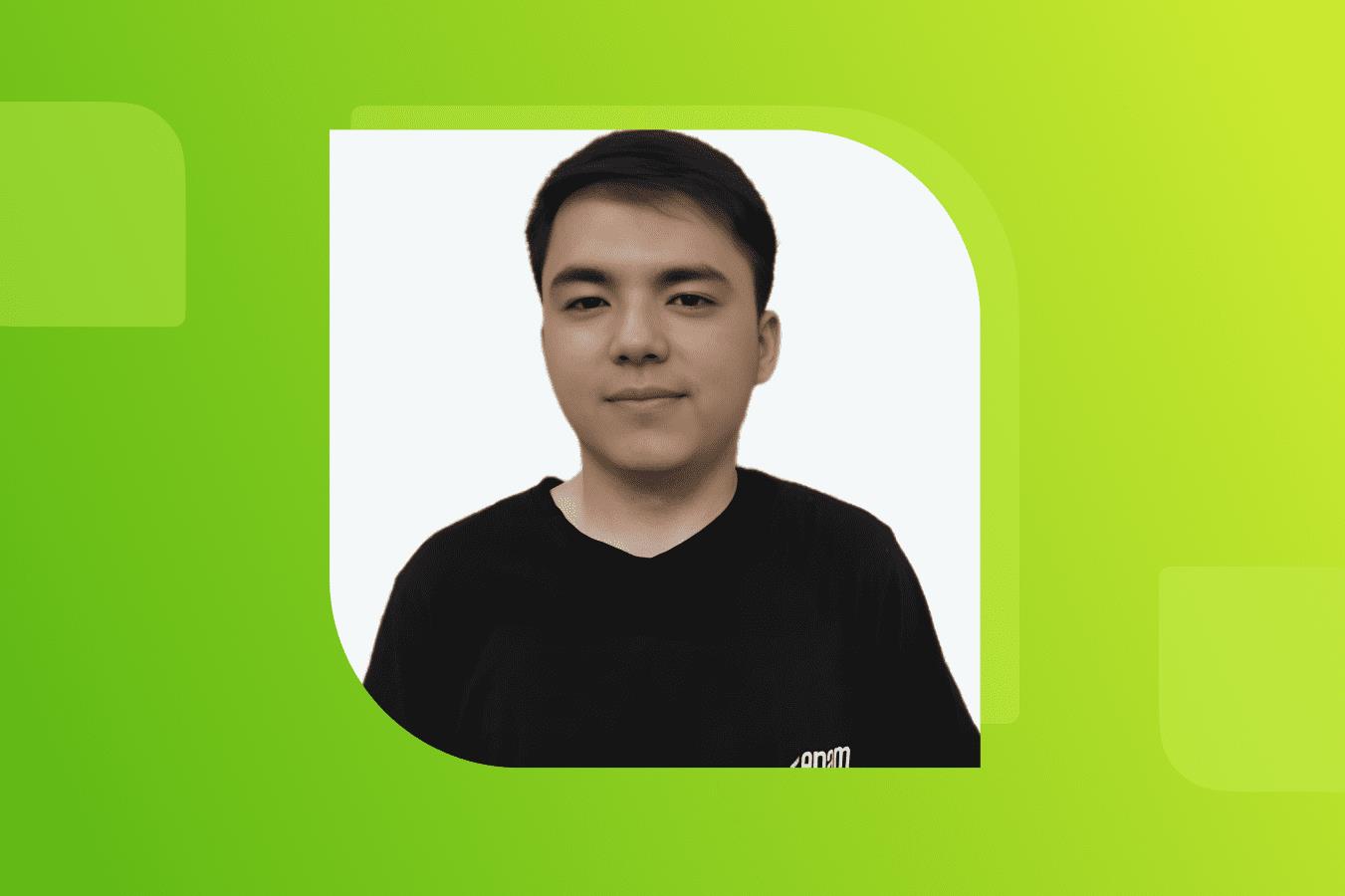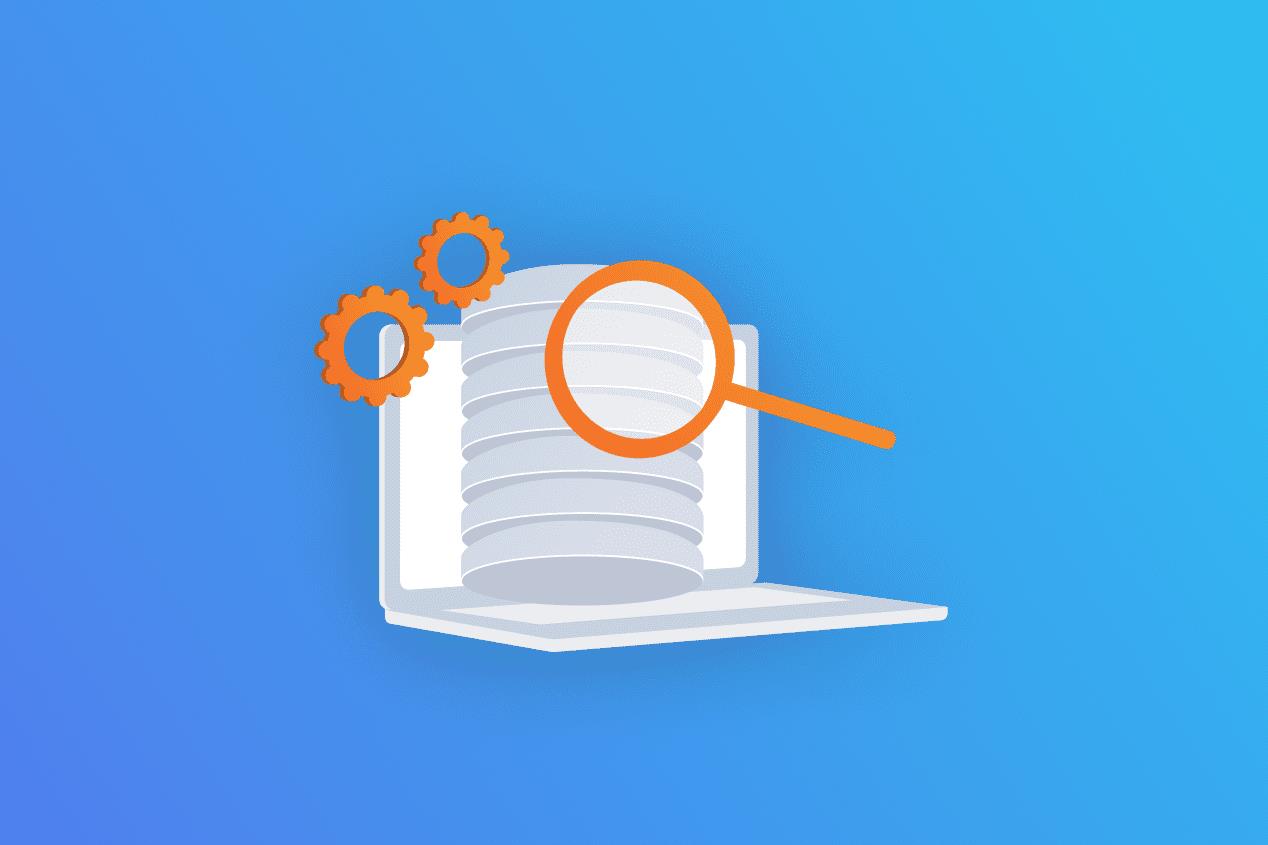In 2020, Rodion Prokopenko had a hardware store. Today, he works for the country's leading IT company, has 7 AWS certifications, and is an authorized AWS instructor. His IT career began during the pandemic when he was trying to transition his business online and build the website for his store. Then, a friend told him about the DevOps program at EPAM.
After graduating from the EPAM Lab, Rodion became a Senior Systems Engineer and an authorized AWS instructor in just two years. Seven Cloud certifications contributed a lot to his progress. In this article, Rodion shares his experience; he explains who needs certifications and why, how much time and money it takes, what exams look like, and how to prepare for them.
What AWS certifications are there, and why should I get certified?
Amazon Web Services offers 12 certifications for various levels of expertise. All of them are valued and in high demand in the IT market. Having any of these certifications on a resume makes the candidate more desirable to customers and companies and opens job opportunities on more complex and challenging projects.
Certifications have the following levels of difficulty:
- Foundational. Cloud Practitioner. It is a basic, entry-level certification, and it is about what services AWS offers, what tasks they solve, and how this cloud provider operates in general. Obtaining this certificate is easy enough, so I recommend it to all IT professionals, whether you are a DevOps engineer, developer, or manager. It will allow you to be on the same page with customers and the team on projects related to AWS Cloud.
- Associate. At the Associate level, specialists choose a certification based on their role: SysOps, Developer, or Solution Architect. This level is more challenging, requiring prior AWS and IT experience. It has already become a standard for Junior, Middle, and Senior engineers.
- Professional. Solution Architect Professional and DevOps Engineer Professional. These are demanding certifications. To obtain them, you need to know a great deal about interactions between services, working with complex cloud applications and composite architectures, many different services, their advanced features, and integration capabilities. I would say that you need several years of experience, training, and knowledge before you can take on these certifications.
- Specialty. Though these certifications resemble those at the Professional level, in addition to being role-based, they have specific areas of application, for example, Security, Networking, and Machine Learning. They validate experience in creating and implementing industry solutions and, like Professional certifications, require in-depth knowledge of specific categories of services and technologies.
Preparing for any certification helps to structure your theoretical and practical knowledge. Amazon provides cohesive learning strategies and does a great job of organizing questions. Plus, you can learn a lot in the process.
What does the exam involve?
Registration. Once you have completed your preparation, you need to register at aws.amazon.com. For the exam, you need to provide a valid ID, for example, a driver's license or passport.
- Duration. The exam lasts from 90 to 180 minutes, depending on the level. If English is not your native language, you can request an additional 30 minutes of the so-called exam accommodation. I have always managed to finish the exam within the time limit, even at the Professional level.
- Format. You can take the exam either offline in a testing center or online. The online format has strict rules. Before the exam, you must show the room from all angles to demonstrate that no one else is present; no unnecessary items on the table, no smartwatches. In short, there should be no distractions. The exam program locks the system, so you won't be able to turn on the browser or switch to another window until the exam is over. By the way, I advise against taking the exam on company-issued computers, since they usually have robust firewalls that can block that program. You turn on the camera and microphone, and a proctor closely monitors you throughout the exam. Once, during the exam, I got lost in thought and looked out the window, and the proctor immediately reminded me that I shouldn't do that. Moving around the room is also not allowed. During another exam, the city announced an air raid alert; a missile strike on the infrastructure caused the power outage and the connection interruption. Luckily, I was almost done and completed that exam on the mobile internet.
- Questions and answers. There are 65 questions in total (75 for the Professional level). Some questions have one correct answer, while others can have multiple responses. Although sometimes all the answers may seem correct because they differ only subtly, there is always some clue to help distinguish the right option. For example, you need to specify a combination of services that will not only solve the problem but do so in the most cost-effective, fastest, or simplest way. Read and analyze the questions carefully because even the smallest detail can shift your understanding of the question and the answer.
Lengthy, complicated, expensive?
Here is my experience passing AWS certifications. When studying AWS in the Lab, I became interested in cloud technologies and thought it would be good to get certified. While most people start with the Cloud Practitioner, I set my sights on the more challenging SysOps Associate certification. I began preparing for it, and, in addition, I got to work with AWS services every day on the project I joined after graduating from the Lab. Moreover, EPAM launched an internal program that helps employees prepare for certification and offered a free exam voucher. I joined the program, studied the training materials, attempted the exam, and... failed.
I studied the training materials again, paid for and watched several video courses, passed a few tests, and finally got my first SysOps Associate Certificate. I breezed through the foundational Cloud Practitioner certification on the very next day. That's how I got two certificates simultaneously and decided to go for Solutions Architect Associate and DevOps Professional. Although the total sum spent on training was considerable, I view it as an investment rather than an expense.
After passing the Solutions Architect Associate, I received an offer to become an AWS Authorized Instructor (AAI). To achieve that, I trained for several months in the course for instructors and passed a final assessment by AWS. Now, I can give lectures geared toward preparing individuals for certification. I need relevant certificates to teach new AWS courses, so my goal is to collect all of them. It took me six months to prepare for my first exam, and after that, I spent less time preparing for each subsequent exam, about three months for each.
The Practitioner certificate costs $100, the Associate certificate is $150, and the Professional and Specialty certificates are $300. By the way, Ukrainians now have the opportunity to receive free training and exam vouchers. EPAM actively participates in the program; our instructors, including myself, have already conducted several courses and helped hundreds of Ukrainians obtain certificates of various levels.
Are the certificates necessary?
To be honest, certifications are not a prerequisite for climbing the career ladder. However, obtaining them has many benefits. It's a way to grow professionally, since passing a certification helps to structure and validate your knowledge. A professional certificate helps you to stand out from the crowd and increases your value as a candidate.
I would add that certification is also a responsibility. As a certified engineer, people expect you to have answers to most questions related to your field. In reality, with up to 300 services available in AWS, it's almost impossible to know everything about each of them, so you often have to refer to the documentation and explore new things.
How does EPAM assist in preparing for certification?
Last year, EPAM joined forces with our long-standing partner AWS to implement ITSkills4U, a free program for Ukrainians interested in cloud technology. I was offered to join the team and underwent extensive training to become an authorized instructor. AWS has stringent standards and requirements for its instructors; there is a specifically designed course with a three-day final exam. Only after completing this course can you access the presentations and training materials and start teaching.
I became the first authorized instructor at EPAM Ukraine, and, together with the program coordinator, Andrii Kostromytskyi, we were pioneers: we adjusted and improved processes and created a foundation for further development. Today, we have seven instructors on the team, and we continue to grow.
The program is still ongoing. After completing it, participants receive exam vouchers that allow them to pass certifications of various levels for free. Ukrainians from all over the world, even from Australia, have enrolled in the program, and the fact that our courses are in Ukrainian has become a way to connect with their homeland for some of them.
I never imagined that I would teach, but now I enjoy it; this way I can help a lot of people. Although I love working in production and gaining practical experience, being an instructor is also very important to me. To date, hundreds of our students have already obtained certificates. My team and I constantly receive their notes of gratitude on LinkedIn. When it happened for the first time, it felt like a personal holiday. We plan to continue developing and improving this program and teaching courses for all available certifications.
Useful information
In 2023, EPAM hosted a series of practical events focused on AWS, covering EC2, AWS Identity and Access Management, Database Services, Serverless, AWS Virtual Private Cloud, Amazon Infrastructure as Code (IaC) tools, and other topics. For 2024, there are also plans to conduct events about AWS – stay tuned!
You can learn more about Cloud & DevOps and Amazon Web Services and find open enrollment for educational programs here.








_01115712.png)